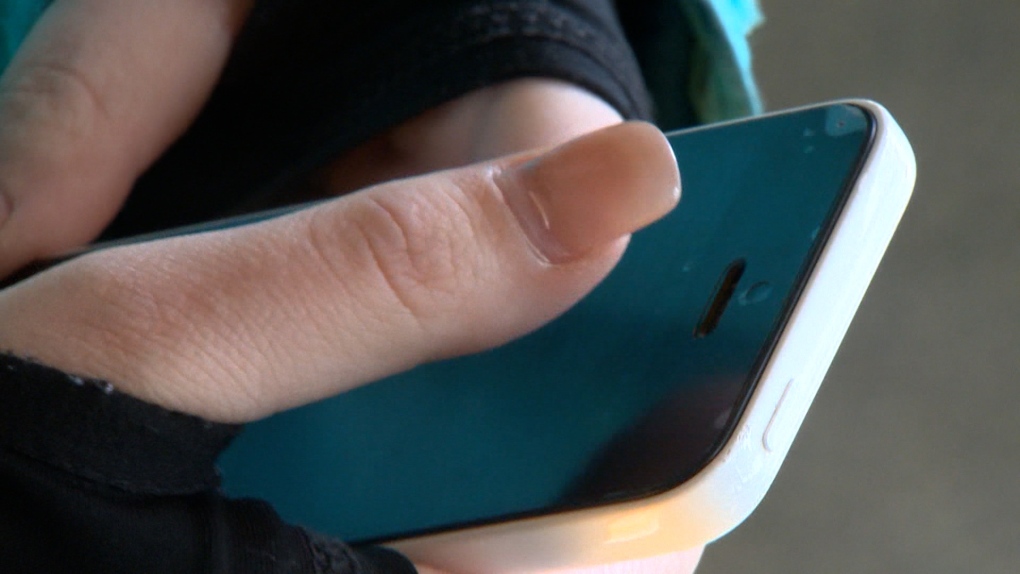
An Ottawa woman says she believes clicking on a fraudulent link led to her entire bank account being compromised, leaving her out thousands of dollars.
Hope Colton, 25, banks with Scotiabank. She says she first noticed money disappearing around April 9 and 10 and thinks a text message could have been the source.
“It all started with a text I got about a speeding infraction, which isn’t out of the ordinary for me, so I quickly paid it off and that is exactly what got me,” she told Newstalk 580 CFRA’s Ottawa at Work with Patricia Boal on Monday.
“It was a complete account takeover fraud on the app on my phone. They were able to go in and change my information to a separate phone number, so whenever Scotiabank was calling, somebody was saying yes, this is Hope Colton, and continue and go ahead.”
She says $4,500 was quickly drained from her account before she could shut it down, and the scammers also apparently deposited fake cheques.
“While the scammers had hold of my account, they deposited two cheques from the Government of Canada that were fraudulent. So, not only that, the bank has come back and they have taken $6,000 out of my account, claiming fraudulent cheques, and they’re deeming me liable, saying there was legit activity in between the illegal activity,” she explained.
Several transactions were made to a sports betting website, according to screenshots shared with Newstalk 580 CFRA.
The City of Ottawa issued a warning this past weekend about scam texts going around, urging people to pay photo radar tickets by following a link. The City notes that real photo radar tickets are mailed to your home. You will never be texted about a photo radar ticket and any accompanying links are fraudulent.
While dealing with the issue, Colton said she got a call from Scotiabank that also turned out to be fraudulent.
“Somebody from the bank called me on Friday and even my caller ID showed up as Scotiabank Toronto. Come the end of the day, we actually looked up the number because things weren’t adding up whenever I was chatting to this gentleman, it wound up being a different scam in itself where somebody was impersonating Scotiabank,” she said. “He said he would be calling for me to sign an NDA and I should not be talking to anybody regarding the fraud. My co-worker came in at the end of the day and she noticed that there were a lot of things that seemed inconsistent and she looked up the number on the internet and the number was a scam.”
Colton said Scotiabank opened a fraud investigation, but after 10 business days told her she was liable for the breach. She has since taken the case to police.
In a statement, Scotiabank said it could not comment on individual cases for privacy reasons.
“We take cases of fraud seriously and encourage clients to be wary of any unsolicited calls, text messages or emails they receive, especially if they are asking for personal information. As an added security measure, clients with ScotiaCard Visa debit cards and Scotiabank Visa credit cards are automatically enrolled in Scotia Fraud Alerts to notify clients immediately about unusual transactions on their account,” the bank said.
In the meantime, Colton has had to set up a new bank account to cover costs.
“It has been quite difficult as I do have car payments and my insurance payment that come out of my accounts and all of my accounts have been bouncing with Scotiabank. With my family’s help, I had to open up a different account to try and figure out these issues,” she said.
“So far, Scotiabank hasn’t helped me at all. They’ve pretty well left me in the dark.”